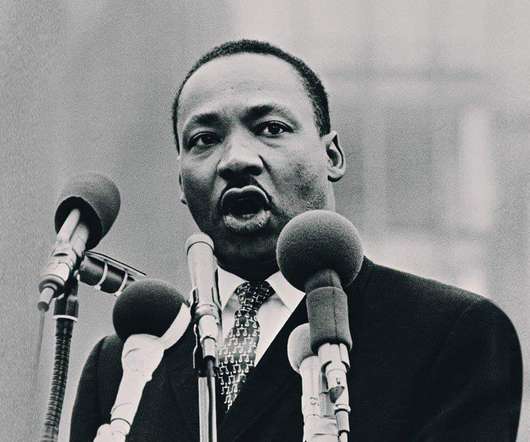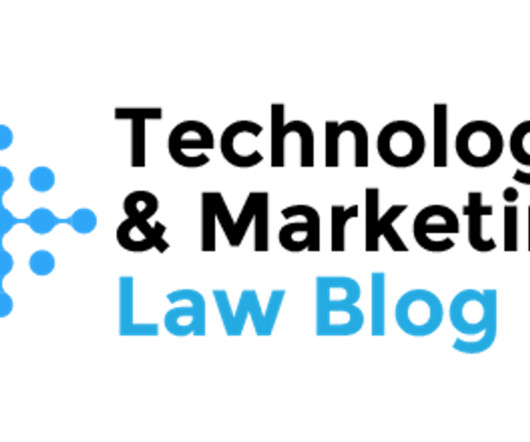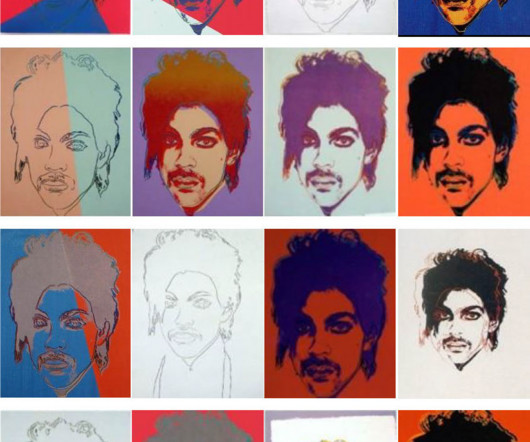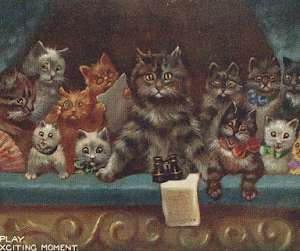45 Years Ago Today, a New US Copyright Act Became the Law of the Land
Velocity of Content
OCTOBER 19, 2021
The Copyright Act of 1976 became Public Law number 94-553 on October 19, 1976 and went into effect (as scheduled) as Title 17 of the United States Code on January 1, 1978. The new Copyright Act was the fourth general revision of copyright law since the original Act of 1790.













Let's personalize your content